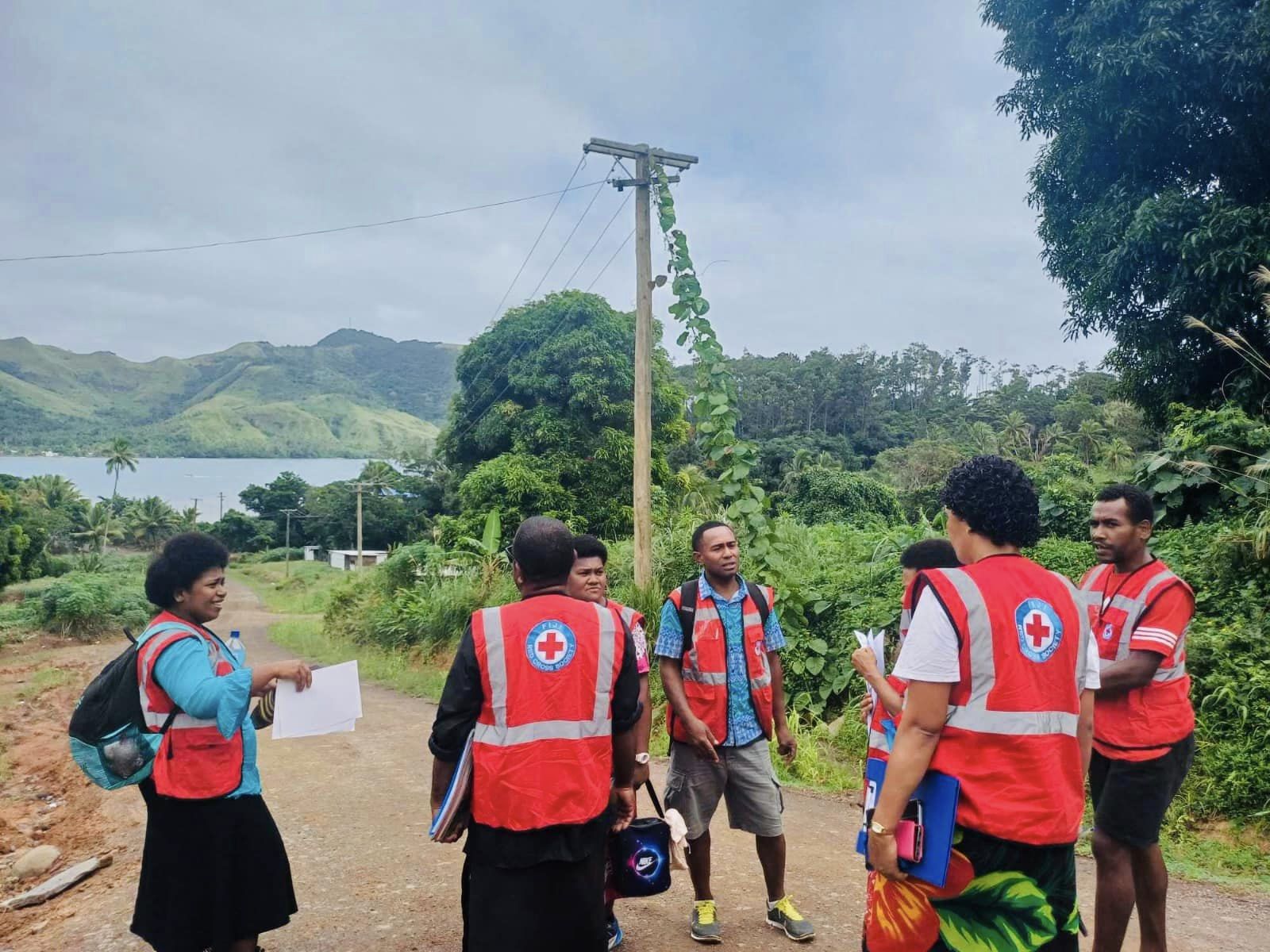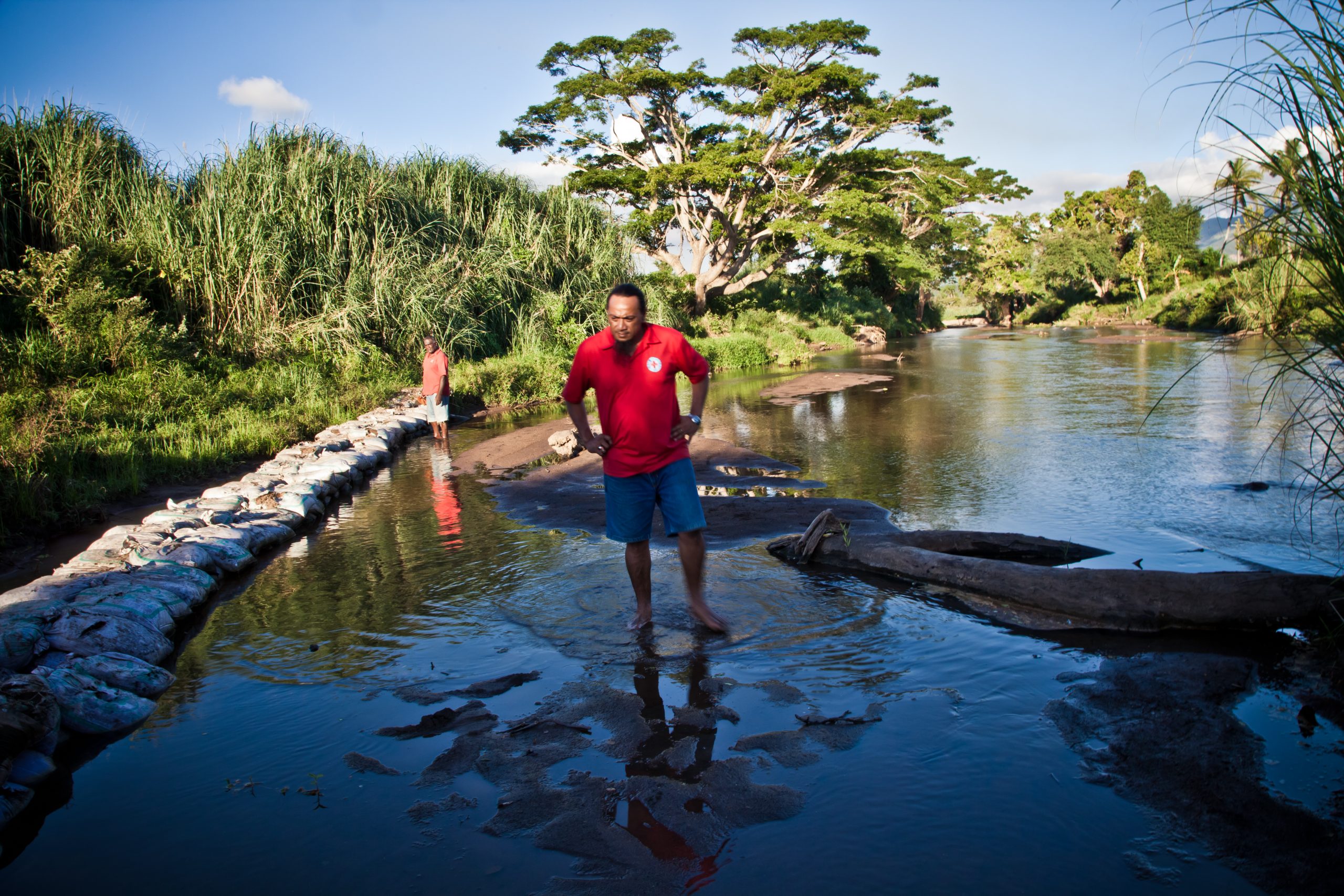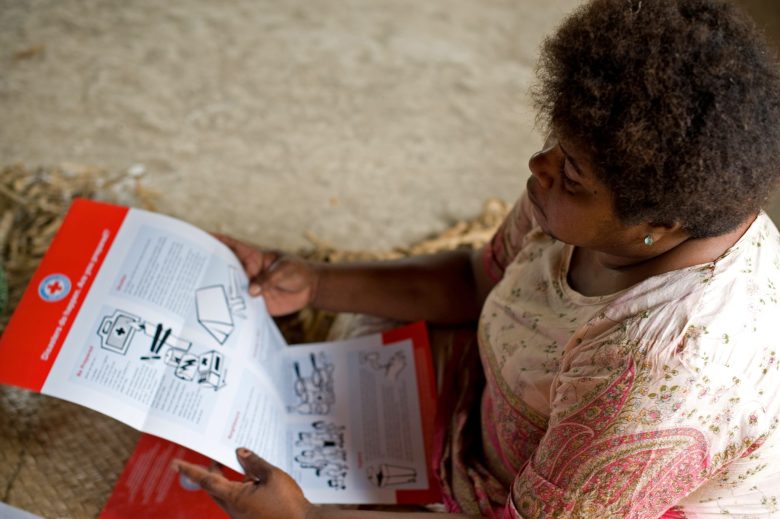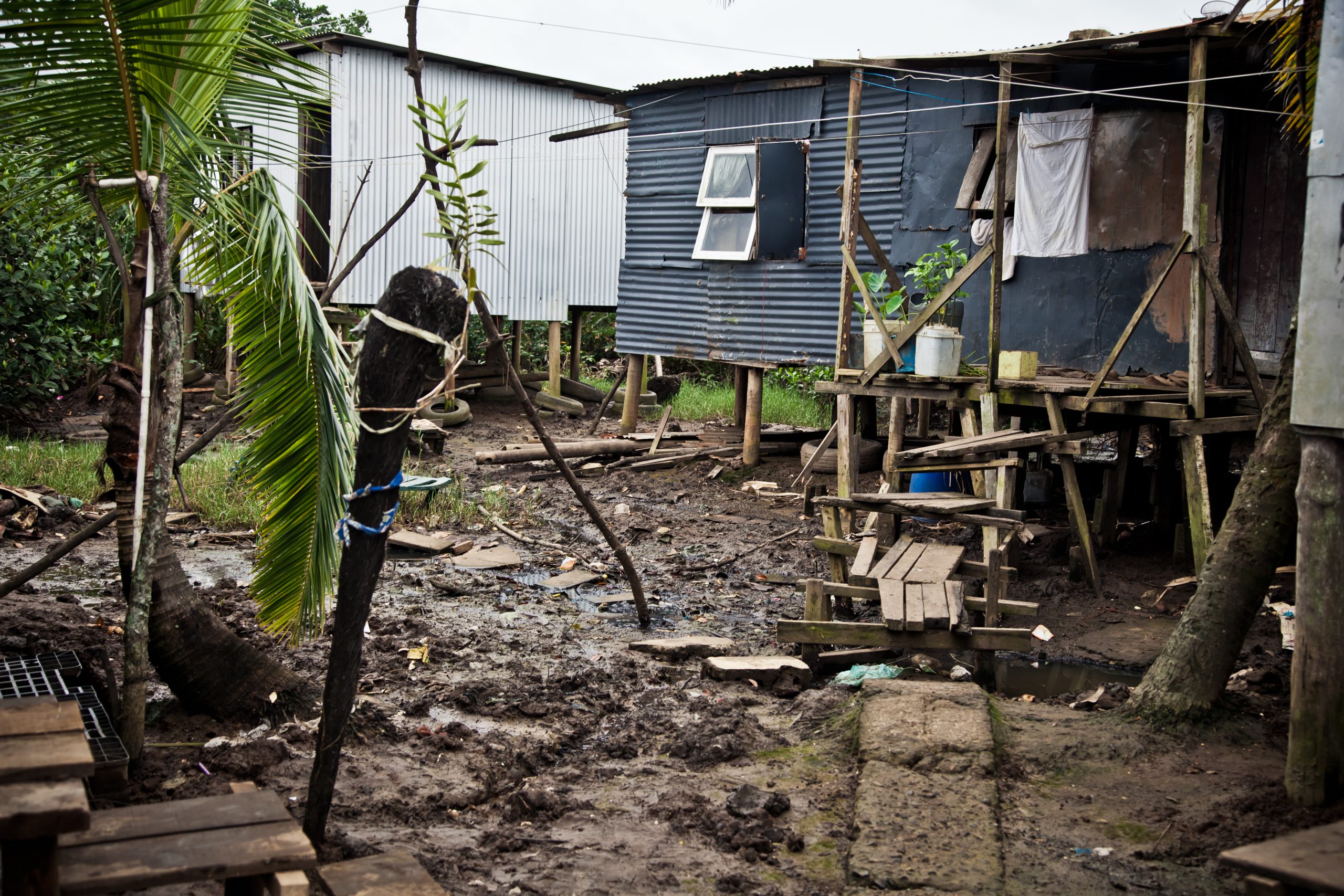Our impact so far
Floods have been occurring and impacting Fijian communities regularly due to excessive rainfall events including tropical cyclones and depressions. This vulnerability is further exacerbated by poor watershed management, deficient urban planning, deforestation, poor farming practices, inadequate early warning systems and protocols and limited cross sectoral engagement and institutional capacity to prepare and respond to a rise in extreme events.
As part of the Alliance, the Fiji Red Cross Society, together with the International Federation of Red Cross and Red Crescent Societies (IFRC), aims to strengthen community resilience to floods and storms through local engagement and capacity building and to leverage the experiences, lessons learned, and evidence gathered for scaling and influencing at subnational, national and regional levels.
The Fiji Red Cross will work with community members to develop people-centred, locally led, community-based early warning systems while also advocating for the dissemination of community-generated early warnings to complement official messages.
The program aims to collaborate with local communities to design and implement Disaster Risk Reduction and Adaptation plans, as well as to influence national level policies in Fiji and 4 other Pacific countries. Additionally, the program will build and strengthen institutional capacity among communities and relevant government and non-governmental agencies to promote coordinated, coherent and integrated management of watersheds to address climate change.
The future
As part of the Zurich Climate Resilience Alliance, the Fiji Red Cross Society, together with the International Federation of Red Cross and Red Crescent Societies (IFRC), aims to target 3 areas of systemic change:
- Strengthening Early Warning Systems so that flood early warning messages and information are localized, action-based and locally led.
- Increasing community resilience to river floods and coastal surges through nature-based solutions for more sustainable land management, climate-smart agriculture and conservation practices.
- Supporting greater resilience to river floods and coastal surges through strengthened risk governance, appropriate policies and regulatory frameworks.







